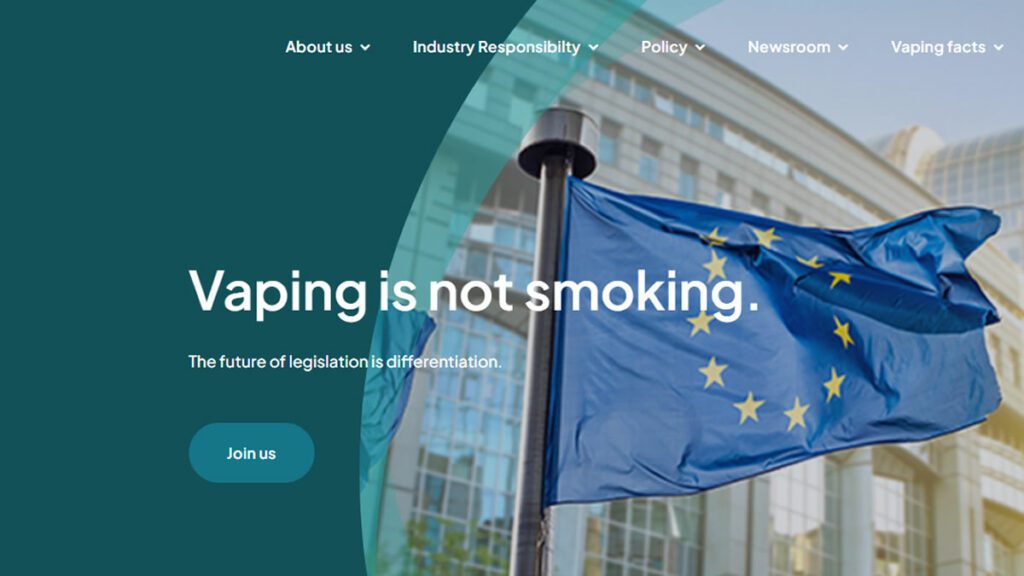The Independent European Vape Alliance (IEVA) has expressed deep concern over a proposed Polish law that would dramatically increase taxes on vaping products. In a strongly worded statement, the alliance argues that these proposed changes would not only harm the vaping industry but also undermine public health efforts.
At the heart of the IEVA's concerns is the proposed 75% increase in excise duty on e-liquids in 2025. The alliance argues that such a steep hike would make vaping prohibitively expensive for many consumers, driving them back to traditional cigarettes, which are far more harmful.
"This is a short-sighted approach that will ultimately harm public health," said Philip Drögemüller, a representative of the IEVA. "By making vaping less affordable, the government is essentially pushing people back to traditional cigarettes."
The IEVA also points out that the proposed legislation would disproportionately impact small and medium-sized enterprises (SMEs) within the vaping industry. Many of these businesses are local, independent companies that have invested significant resources in providing consumers with safer alternatives to traditional cigarettes.
"These small businesses are the backbone of the vaping industry," said Philip Drögemüller. "The proposed tax hikes will force many of them to close their doors, leading to job losses and reduced consumer choice."
Furthermore, the alliance argues that the Polish government's claims that these tax hikes will generate significant revenue are unfounded. The IEVA believes that the increased taxes will simply drive consumers to the black market, where unregulated and potentially harmful products are sold.
"The government is shooting itself in the foot," said Philip Drögemüller. "By creating a hostile environment for legitimate businesses, they are simply encouraging the growth of the black market."
The IEVA argues that the proposed legislation fails to recognize the potential of vaping as a harm reduction tool. Numerous scientific studies, including those conducted by Public Health England and the Royal College of Physicians, have demonstrated that vaping is significantly less harmful than smoking traditional cigarettes.
"Philip Drögemüller emphasized, "Vaping provides a pathway for adult smokers to reduce their exposure to the harmful chemicals found in traditional cigarettes. By making vaping prohibitively expensive, the government is effectively undermining these public health benefits."
The IEVA also warns that the proposed tax hikes will have a devastating impact on the Polish economy. The vaping industry supports thousands of jobs, and the closure of many small businesses could have significant social and economic consequences.
"This is not just about public health," said Philip Drögemüller. "This is about the livelihoods of thousands of Polish citizens. The government must carefully consider the economic impact of these proposed measures."
The alliance stresses the importance of evidence-based policymaking in the area of tobacco control. "Decisions regarding tobacco control policy should be based on sound scientific evidence," said Philip Drögemüller. "Unfortunately, the Polish government's approach appears to be driven by ideological concerns rather than scientific evidence."
The IEVA also calls upon the European Union to play a more active role in setting standards for vaping products. "The EU has a crucial role to play in ensuring that vaping products are regulated in a way that protects public health and supports innovation," said Philip Drögemüller.
Conclusion:
The IEVA's appeal to the Polish government highlights the critical need for a balanced and evidence-based approach to vaping regulation. By imposing excessive taxes and creating an overly restrictive regulatory environment, the government risks undermining public health efforts, harming the economy, and stifling innovation within the vaping industry.
The IEVA urges the Polish government to reconsider its proposed legislation and engage in a constructive dialogue with the vaping industry to find solutions that protect public health while supporting responsible innovation.

Vape Content Creator | Flavor Reviewer | Lifestyle & Vape Culture Editor
Emily Carter is a vape-focused content creator specializing in flavor reviews, device aesthetics, and lifestyle-oriented vaping content. With hands-on experience testing disposable vapes and pod systems, Emily delivers clear, visually driven insights designed for adult consumers.








